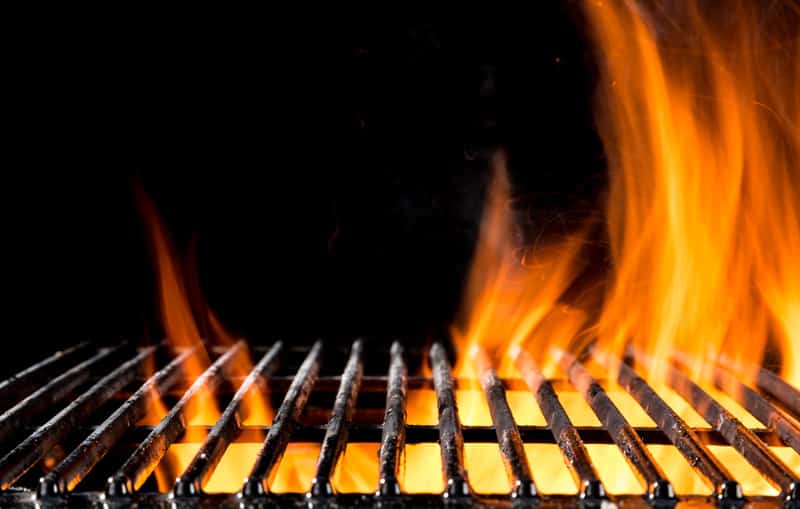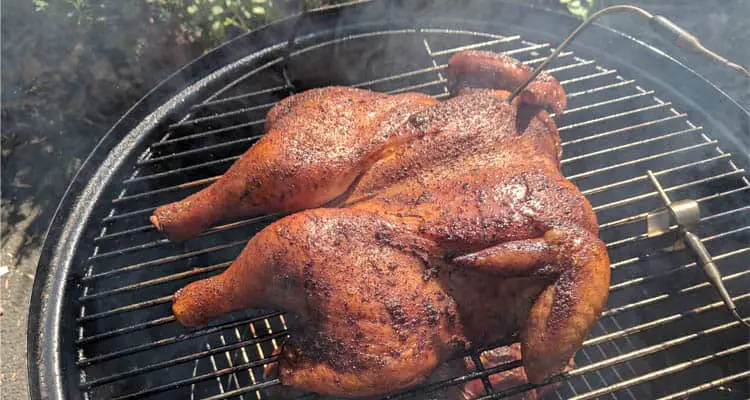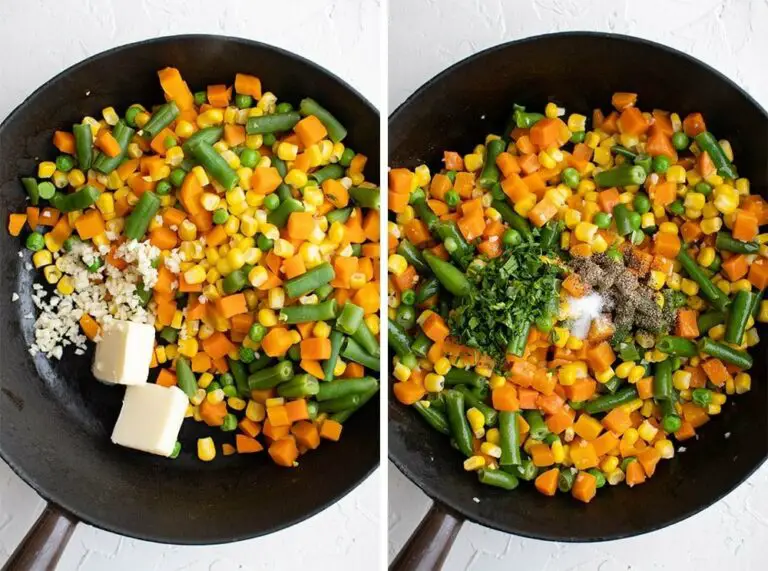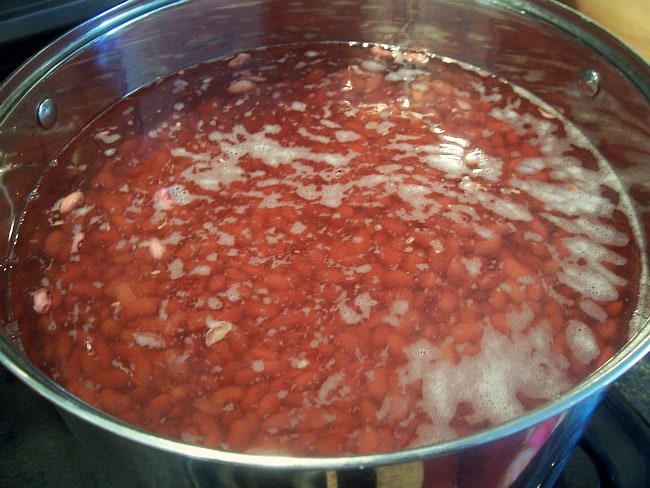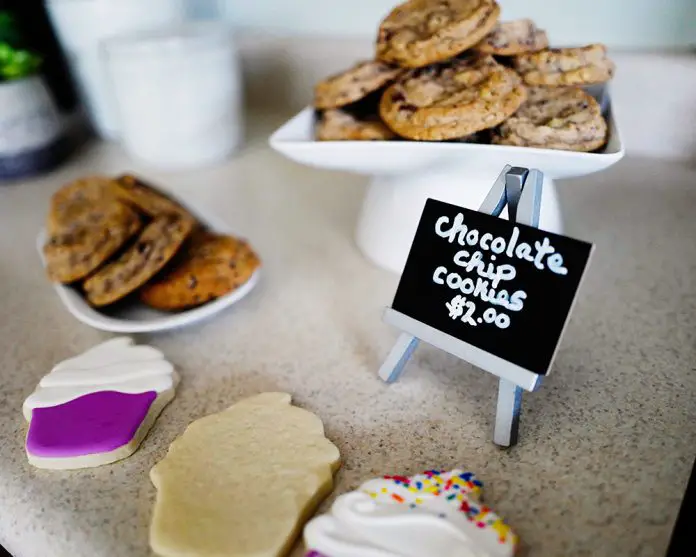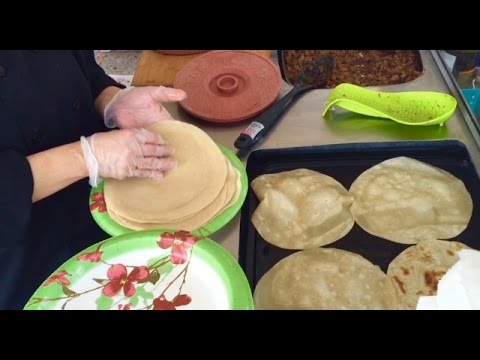Grilling is an ideal outdoor activity, especially during warm weather. However, it’s important to understand the possible risks associated with cooking outdoors when the temperature is high. Not only will extreme heat make your grilling experience uncomfortable, but it can also lead to safety concerns if proper precautions aren’t taken.
This article explores how the hot weather affects grilling safety and what steps you can take to ensure a safe and enjoyable outdoor cooking experience.
The Risks of Grilling in Hot Weather
High temperatures bring a set of risks that are unique to outdoor cooking. The risks include;
Fire Hazard
One major concern is that hot weather increases the risk of fire. When it’s hot outside, vegetation, leaves, and even wood become drier and more prone to igniting a spark or embers that fly out from the grill. Therefore, take extra precautionary measures when grilling during dry seasons like summer months.
Heat Stroke
Another significant safety concern that arises when grilling in hot conditions is heatstroke. Exposure to high temperatures for extended periods puts your body under intense stress and dehydrates you quickly since all the moisture gets lost through sweating.
Precautions You Can Take When Grilling in Hot Weather
Here are some tips for ensuring proper precautions are taken when grilling during hot seasons:
Proper Grill Maintenance
The first step in grill safety is maintaining it properly. Check for any leaks or loose connections before lighting up your grill since it can cause a catastrophic fire incident.
Ensure your gas lines are appropriately connected with no leaks all around the pipes’ edges regularly. Check for rusted areas on metal parts by applying oil as needed or replacing them entirely if damaged beyond repair.
Tips for Safe Outdoor Grilling
It’s essential to ensure that everyone involved in your outdoor cooking experience takes some basic safety steps seriously. Here are some tips:
- Fire Safety Measures
Start by positioning the grill at least ten feet away from any flammable object like trees or shrubs. Always have a fire extinguisher near your cooking area in case of fire emergencies that may arise.
Additionally be particularly attentive when grilling with wooden materials like briquettes since they heat up and may get out of control while burning and easily cause fires in hot temperatures.
Always use tongs, not your hands, for flipping or moving food around the grill. Wearing insulated long gloves protects your hands from burns and heat if you need to move anything outdoors.
- Hydration and Sun Protection
When cooking outdoors, especially during scorching weather, drinking plenty of water is essential to prevent dehydration. Keep drinking a lot of water to keep a clear mind and prevent exhaustion. Wear sunblock, hats, sunglasses with adequate UV protection if you’ll stay outside for more than thirty minutes to avoid skin irritation or sunburns.
Understanding Your BBQ
Different types of BBQ react differently to different temperatures or environmental conditions. Here’s what you should know about each type:
- Gas Grills
Gas grills are easy-to-use since lighting them up is quick since they require electricity to start the gas flowing into burners directly without an extended warm-up time compared to charcoal grills
Ensure gas grills are checked thoroughly before usage as there could be leaks from pipes/fittings which can lead to accidents if unnoticed.
Additionally, wind flow towards the gas grill compromises the ability of these barbecues leading to uneven heat distribution when it’s too windy outside.
- Charcoal grills
These barbecues take much longer to preheat than gas options but give food better authentic flavors for various reasons; one of them being leaving an ample space for airflow through the coals lets smoke rise and fall lifting new air along its corpus making better-purified flames.
Take extra precaution when grilling using charcoal; make sure to place it in an open space far from flammable materials such as rugs, paper, or anything that can ignite and cause accidental fires
Understanding Meat Safety when Grilling Outdoors
Grilling meat is a widely enjoyed activity outdoors. But to keep yourself and your loved ones healthy, you must adhere to proper meat handling practices before, during, and after grilling.
- Safe Meat Handling Practices
Before grilling, try storing any food items such as meat inside the refrigerator to avoid bacterial infection if left unattended out for long hours since microorganisms reproduce faster when the temperature is high.
During grilling process ensure that the meat is cooked fully using an appropriate thermometer that reads at least 160°F to avoid potential foodborne illnesses like salmonella or E.Coli.
After cooking, serve hot immediately and don’t leave it outside under scorching temperatures for over four hours. Leftover foods should always go straight back into cold storage within two hours of preparation so they can aid in avoiding bacteria growth among meals consumed later on.
- Meat Temperature Guidelines for Different Types of Meats
Different types of meat require different temperatures to be cooked thoroughly since not all cuts are the same regarding the time it takes to cook at different temperatures.
Here are some guidelines:
- Poultry: Chicken (165°F), Turkey (165°F)
- Pork: Whole pork loin (145°F), Ground pork(160°F)
- Beef/Lamb/veal : Medium-rare/midnight(140-150 F), medium(150-160 F)
It’s imperative to understand what temperature is adequate for each cut of meat you’re preparing during your outdoor cooking experience.
Factors That Can Affect Grilling Results in Extreme Heat Conditions
When grilling in hot weather conditions like scorching summer months with 90+ degrees Fahrenheit, some factors will influence the grilling process;
- How high temperatures affect cook times and cooking process.
For instance, high heat will make food easier to burn, so a medium-heat setting may be preferable to ensure your meals remain moist and tender.
Additional Tips for Outdoor Cooking Safety in Hot Temperatures
Here are more tips on outdoor cooking safety when the temperatures are high;
- Best Times to BBQ during Hot Weather
Early morning or late evening is the best time to grill outdoors during hot weather since temperatures aren’t scorching yet; thus, it’s not too hot outside and uncomfortable for outdoor cooking.
- Proper Attire When Cooking Outside During Heatwaves
Wear light-colored clothing made from breathable fabrics like cotton, allowing sweat evaporation even at high humidity levels. Avoid synthetic materials such as polyester since they retain heat and moisture.
Conclusion
Despite being a fun activity, grilling in hot weather requires taking extra precautions against potential hazards of fire incidents and heat stroke. Ensuring proper maintenance of your BBQ equipment is critical before lighting it up. Remember safe meat handling practices to avoid bacterial infection while you’re preparing your food should be strictly adhered to.
Lastly, always stay hydrated and protect yourself against direct sunlight by wearing long-sleeved well-ventilated clothing if possible. By following these guidelines above, you’ll surely have an enjoyable and safe outdoor cooking experience with friends or family members!
Q&A
Q: Can grilling in hot weather cause a fire?
A: It is possible for grilling in hot weather to increase the risk of a fire. With high temperatures, there is an increased risk of sparks and embers igniting dry grass or other flammable materials nearby. To reduce this risk, it is important to keep the grill away from any combustible materials and never leave the grill unattended.
Q: Is it safe to grill during a heatwave?
A: While it may be tempting to grill during a heatwave, it’s important to stay safe. High temperatures can cause dehydration and heat exhaustion, so make sure to stay hydrated and take breaks from the heat when needed. Additionally, excessive heat can cause grill parts to expand and malfunction, creating potential safety hazards.
Q: How can I safely handle food while grilling in hot weather?
A: When handling food while grilling in hot weather, be sure to wash your hands frequently and use separate utensils for raw and cooked meats. It’s also important to monitor meat temperatures using a thermometer to ensure that they are cooked thoroughly enough to kill any harmful bacteria.
Q: What precautions should I take if I’m grilling at a public park or campground during hot weather?
A: If you’re planning on grilling at a public park or campground during hot weather, make sure you have permission and follow all regulations. Always keep your grill away from trees or other flammable materials and avoid using lighter fluid or other accelerants that could start an unexpected fire. Be considerate of others by keeping smoke levels low and picking up after yourself when you’re finished cooking.
